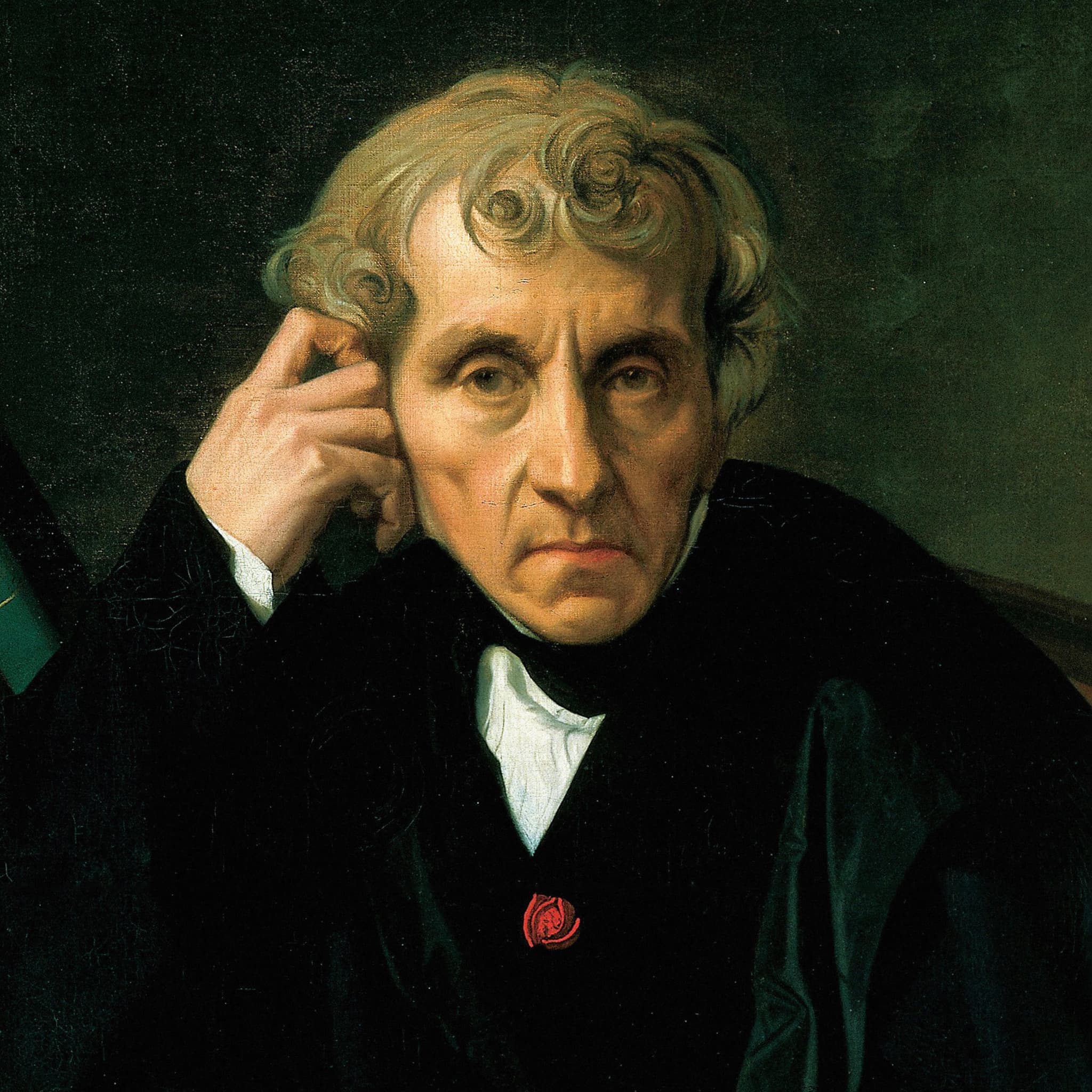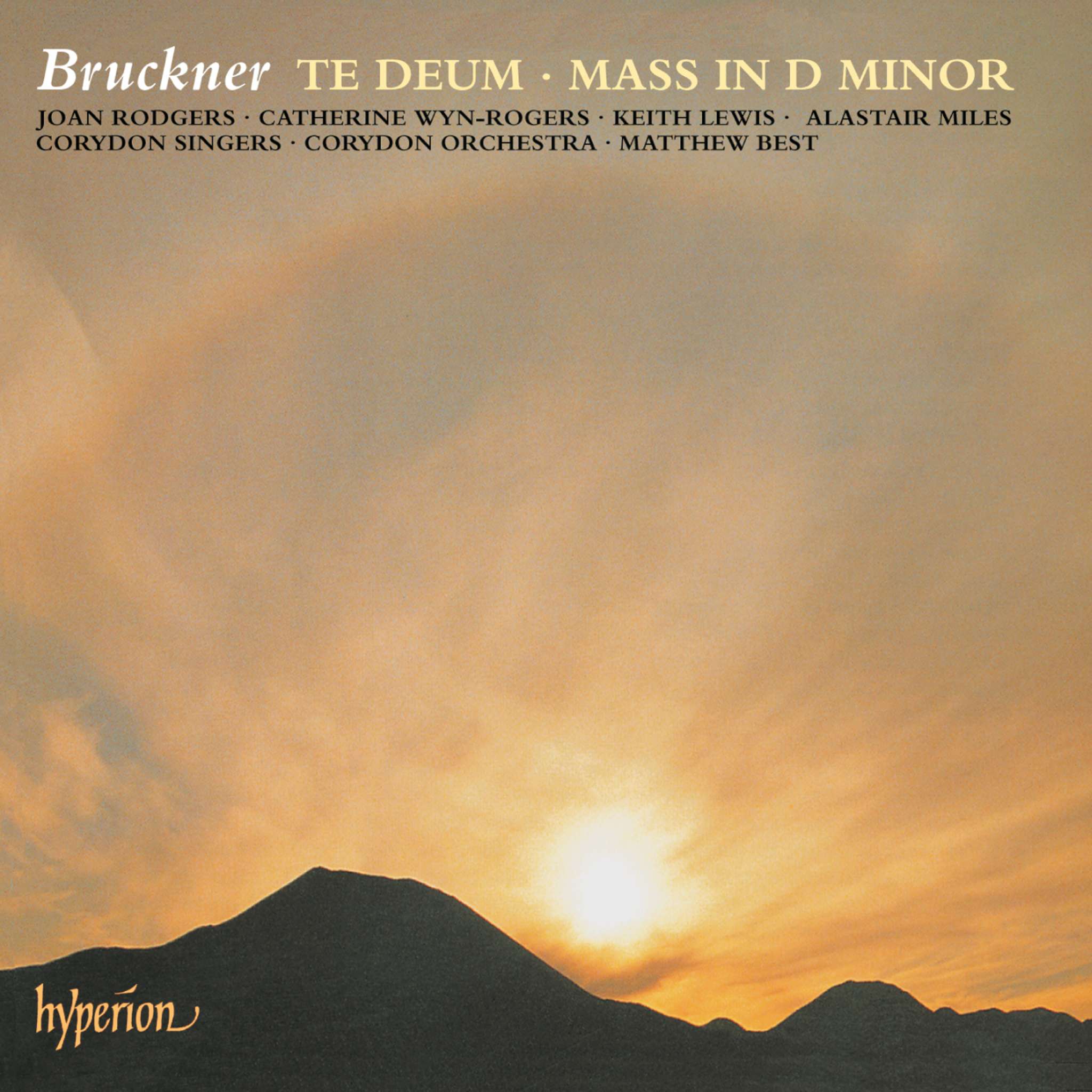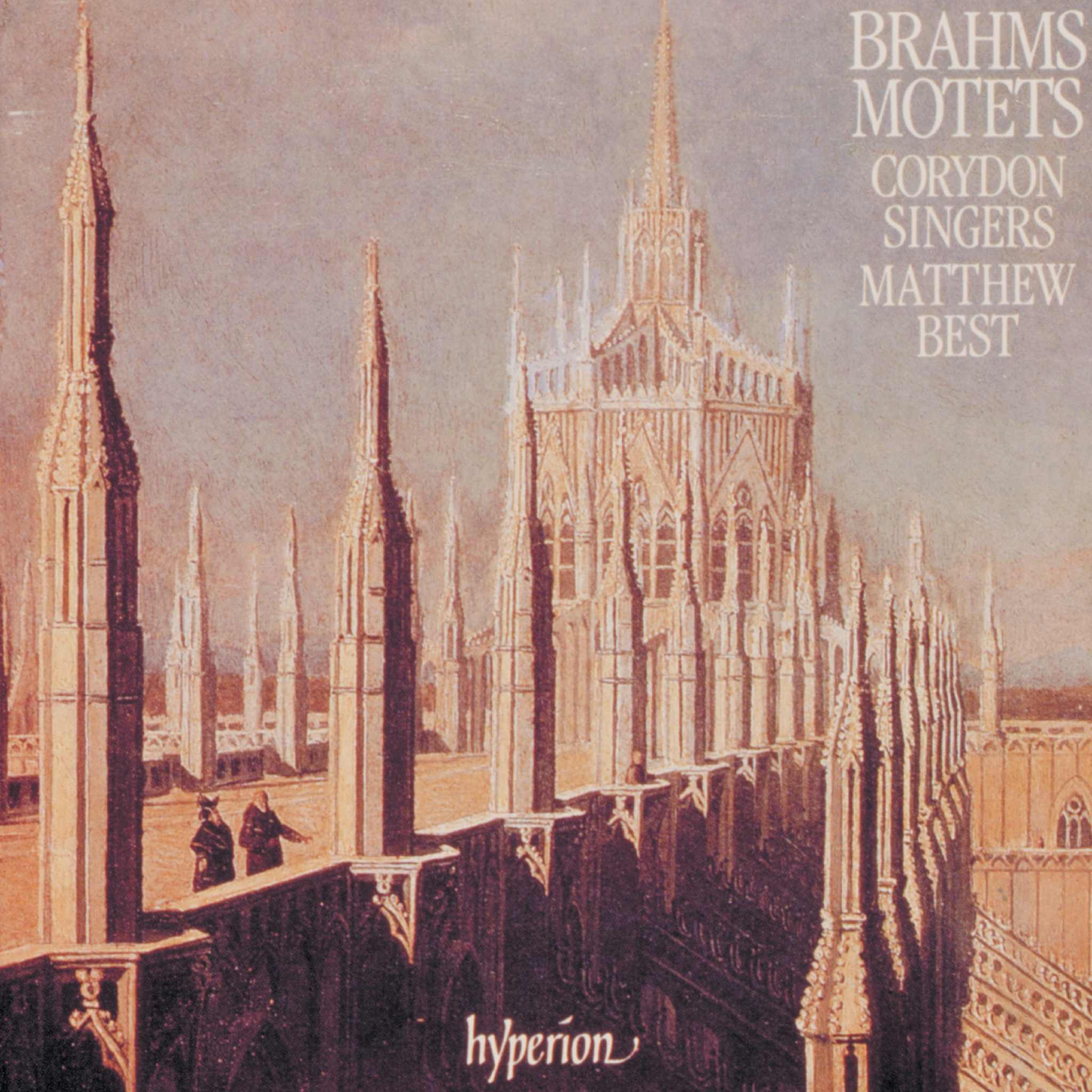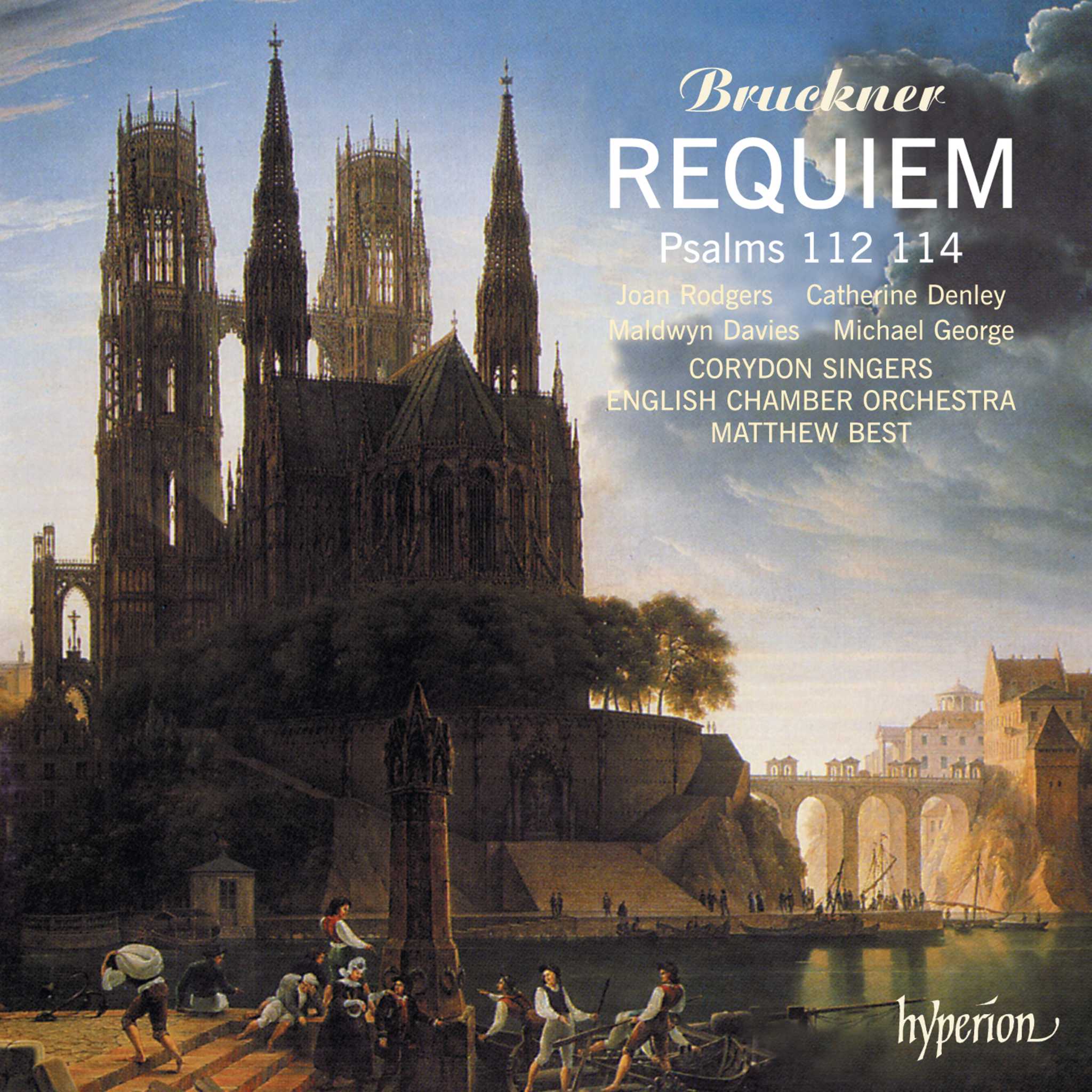Im Laufe der Zeit wandelt sich üblicherweise die Anerkennung eines Komponisten. Spätere Generationen tendieren dazu, das Unbekannte zu würdigen und die Berühmtheiten zu vernachlässigen. Cherubini, den Beethoven als den "größten dramatischen Komponisten seiner Zeit" betrachtete, wurde von nachfolgenden Generationen gefeiert. Obwohl er von Schumann, Mendelssohn, Brahms und Berlioz hochgeschätzt wurde, verschwanden seine Kompositionen gegen Ende des 19. Jahrhunderts aus dem öffentlichen Bewusstsein. Sein Ansehen als Autor und Lehrer des Kontrapunkts blieb jedoch unbestritten.
Luigi Carlo Zenobio Salvatore Maria Cherubini wurde 1760 in Florenz geboren und ließ sich in Paris nieder, wo er bis zu seinem Tod im Jahr 1842 verblieb. Als hervorragender Tonschöpfer und Musikpädagoge prägte er das französische Musikleben maßgeblich. Im Jahr 1789 gründete Cherubini eine Operngesellschaft unter dem Schutz des Grafen von Provence. Trotz anfänglichen Erfolgs löste sich die Vereinigung aufgrund politischer Unruhen auf.
Nach einer kreativen Pause, in der er sich der Botanik und Malerei widmete, erholte sich Cherubini 1808 auf dem Landsitz der Prinzessin von Chimay. Durch einen Auftrag für den St. Cecilia-Tag fand er zur Komposition zurück. Seine kirchlichen Werke holten ihn aus der Vergessenheit. Er schuf erfolgreich fünf Messen und weitere kirchliche Stücke. 1814 erhielt er die Ernennung zum Surintendant de la musique du Roi. Sein Requiem zum Gedenken an Ludwig XVI. erfreute sich großer Beliebtheit und wurde von bedeutenden Komponisten wie Beethoven, Schubert und Brahms bewundert.
Cherubinis Requiem in c-Moll wurde 1817 in der Krypta von St. Denis dargeboten. Bei seiner Beisetzung führte einer seiner Schüler, Boieldieu, dieses Werk auf. Man schätzte Cherubinis musikalischen Ausdruck wegen seiner Schlichtheit und Eindringlichkeit. Sein Requiem verdient trotz geringerer Bekanntheit im Vergleich zu anderen Kompositionen mehr Aufmerksamkeit. Beethovens Bezeichnung als "führender dramatischer Komponist Europas" könnte auf das beeindruckende Werk Marche funèbre zurückzuführen sein.










